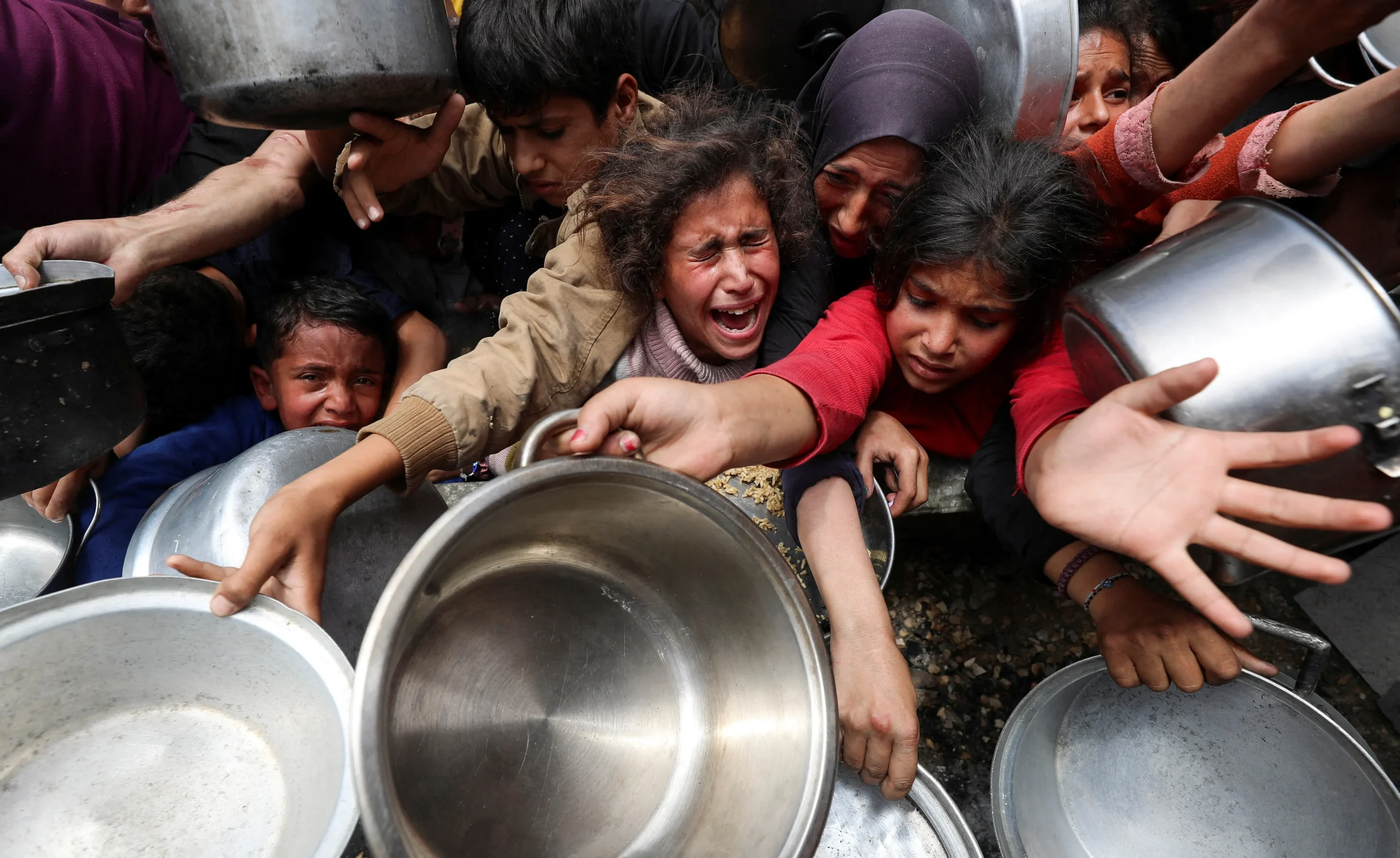
The United Nations has refused to participate in a US-backed humanitarian operation in Gaza, stating the plan fails to meet fundamental humanitarian principles of impartiality, neutrality and independence.
“This particular distribution plan does not accord with our basic principles, including those of impartiality, neutrality, and independence, and we will not be participating in this,” deputy UN spokesperson Farhan Haq told reporters on Thursday.
The Gaza Humanitarian Foundation, backed by the United States, is scheduled to begin operations in Gaza by late May. However, the initiative has faced significant criticism, with UN aid chief Tom Fletcher describing it as a “fig leaf for further violence and displacement” of Palestinians.
During a press conference in Turkey, US Secretary of State Marco Rubio acknowledged these concerns while defending the initiative’s intent. “We’re not immune or in any way insensitive to the suffering of the people of Gaza, and I know that there are opportunities here to provide aid for them,” Rubio stated after speaking with Israeli Prime Minister Benjamin Netanyahu.
He added, “There are criticisms of that plan. We’re open to an alternative if someone has a better one.”
The UN Office for Humanitarian Affairs countered by asserting it already “has a solid and principled operational plan to deliver humanitarian aid and life-saving services at scale and immediately across the Gaza Strip.”
Israel has blocked all humanitarian assistance to Gaza since March 2, demanding Hamas release remaining captives and accusing the group of stealing aid—allegations Hamas denies. Meanwhile, a recent report by the Integrated Food Security Phase Classification initiative warned that Gaza “is still confronted with a critical risk of famine” after more than a year of conflict, with most of its 2.1 million residents facing severe food insecurity.
Attempting to address concerns, the Gaza Humanitarian Foundation has requested that Israel expand its initial limited aid distribution sites from southern Gaza to northern areas within 30 days. The foundation has also asked Israel to allow the UN and other organizations to resume aid deliveries until its operations are established.
Israel’s UN Ambassador Danny Danon clarified his country’s role, stating: “We will not fund those efforts. We will facilitate them. We will enable them. We will not be the ones giving the aid… It will be run by the fund itself, led by the US.”
While Israel and the US have urged UN agencies and aid groups to cooperate with the foundation, questions remain about its funding structure. A State Department spokesperson confirmed that no US government funding would support the foundation.
A fact sheet circulating among aid organizations last week mentioned former UN World Food Programme chief David Beasley as a potential adviser, but a source familiar with the initiative indicated Beasley is not currently involved.












Be the first to leave a comment